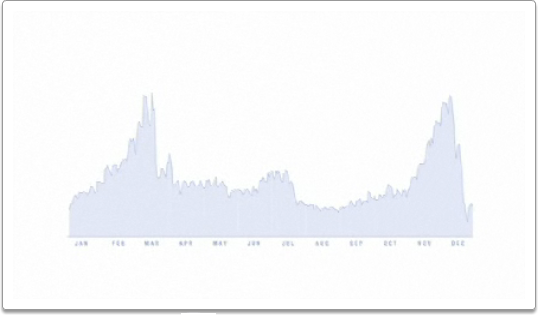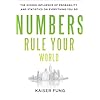Is Data the new Plague?
This post is neither fish nor fowl. My review on Kaiser’s book is way overdue, as I got stuck somewhere in the middle of the book. In the meantime, Georgios pointed me to this video of David McCandless on TED, as we recently talked about people’s fears and how the media has its share in it (see video at about 3:30).
But what really struck me was the metaphor “data is the new oil” (now used over and over again at 5:19), which was modified by David to “data is the new soil”. You might ask what this has to do with Kaiser’s book. The answer comes here:
Whereas most the examples in Kaiser’s book illustrate nicely how data analysis can be used to make people’s lives better (reduce congestions on highways, minimize waiting times in Disney Land or fight an E. coli outbreak), i.e. data is collected and analyzed to serve people’s needs, most of the data collection which spurred the “data is the new oil” metaphor is only analyzed for some company’s profit.
So far, where is the problem? If online retailers (which whom I have a business relation) analyze my buying behavior, this is ok – the same thing would happen in a conventional (physical) store, with a salesperson who remembers my preferences and taste. But data collection at Google, Facebook, twitter and others is different. Without actually “doing business” with these companies, people start to expose more and more of their privacy and personality – mostly without having a clue what is going on.
This example is taken from David’s video (6:22) showing incidents on Facebook, which talk about a “break up”:
I am sure, most of those who posted didn’t mean to supply to this kind of statistics.
I will stop before I get too philosophical – but one thing is for sure: there are tons of useful data out there and much of it can be used (and still needs to be analyzed) to make our lives better, i.e. improve our health, save us time for our families, save resources for our kids, … All the other data mostly generated in so called “social networks” seems to stick around like the plague – hard to get rid of and highly infectious; at least it hardly can serve any of us.
PS: Reading the post, you might guess that I recommend Kaiser’s book …






I just realized the quote “We are drowning in information and starving for knowledge” was an excellent prediction rather than a description…